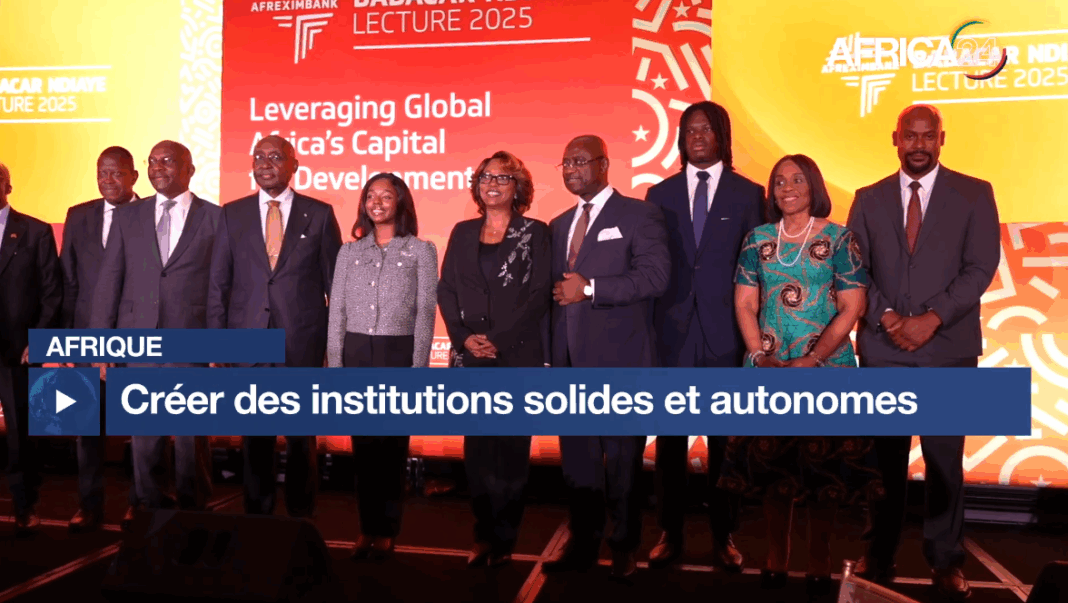The traditional Babacar Ndiaye Lecture, held in Washington alongside the IMF and World Bank Annual Meetings, focused this year on leveraging Africa’s global capital for its development. Through discussions and presentations, economists and dignitaries emphasized the importance of Africa taking control of its own destiny by creating strong and autonomous institutions.
In Washington, the Babacar Ndiaye Lecture evening featured a strong call to rethink African development by leveraging the continent’s resources and global capital. This is a central issue in a rapidly changing global context, marked by geopolitical tensions, economic instability, and climate challenges.
A key conviction among the evening’s participants: Africa must strengthen its sovereignty by relying on strong, independent, and autonomous institutions.
This theme reflects the necessity of having strong institutions to promote Africa’s agenda. It is not simply an aspiration; it is a call to action, reminding us that Africa’s future depends on building institutions that serve our values and needs, and that stand in solidarity with us in an uncertain world.
It is no longer just about aspiring for change, but about realizing it through a robust institutional architecture, rooted in the continent’s realities. This requires establishing institutions capable of defending African interests, advancing a long-term vision, and playing a stabilizing role in an increasingly unpredictable world.
We need a new generation of institutions in Africa. We need to rise to the next level. The goal is economic transformation with decent jobs for our people and Africa’s full economic sovereignty. We must break the cycle of aid and debt, and fully participate in global trade, investment, and higher global value chains.
Africa has reached a turning point where it can no longer just survive in the global economy; it must play a structuring role. Thus, year after year, the Babacar Ndiaye Lecture becomes a space for strategic projection, where African elites lay the groundwork for a new development narrative based on resilience, control of its financial levers, and confidence in the continent’s talent.
